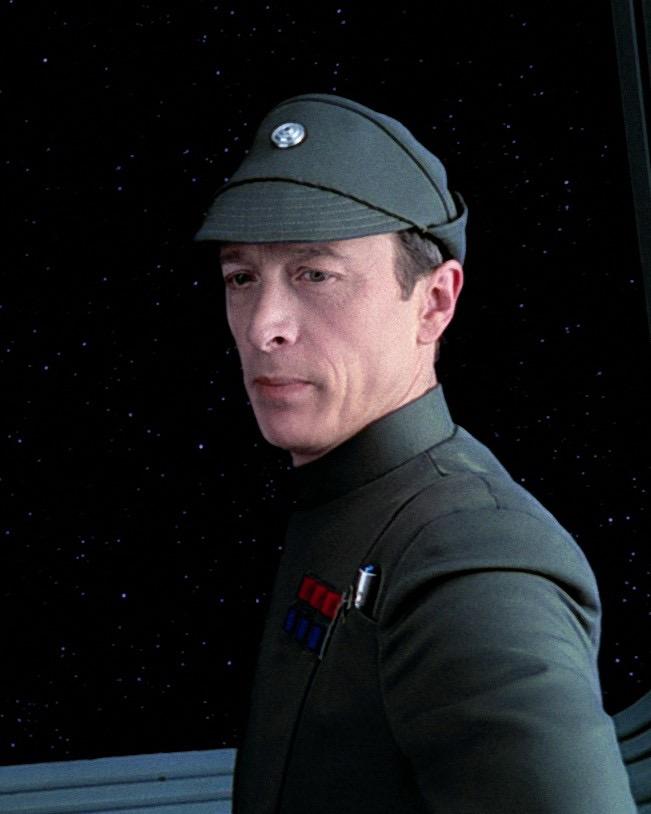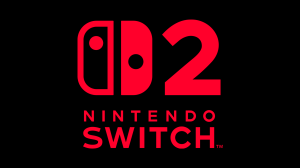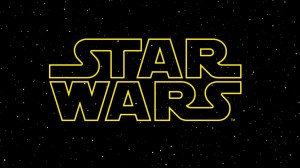Michael Culver — a British actor who memorably portrayed an ill-fated Imperial Officer in 1980’s Star Wars: Episode V – The Empire Strikes Back — died February 27 at age 85. Culver’s agency, Alliance Agents, announced the actor’s death in a post published on Facebook Tuesday. No cause of death was disclosed.
Videos by ComicBook.com
“We are very sad to confirm the passing of our friend and client MichaelCulver,” the post read.”A career spanning over 50 years withnotable roles in Sherlock Holmes, A Passage to India, Secret Army and, of course, one of the most memorable death scenes in the Star Wars franchise.”
Though he “largely gave up acting in the early 2000’s to concentrate his efforts into his political activism,” the statement continued, Culver was still active with the Star Wars fandom, most recently attending the Star Wars Celebration convention in Chicago in 2019.

“It’s been an honor to have represented Michael for the last decade and to have taken him to some of the best Star Wars eventsin the UK and Europe,” the statement added. “A real highlight wastaking Michael to Celebration in Chicago in 2019. He was lost for wordswhen he saw his queue line with nearly 200 people waiting to see him.”
He played Captain Needa, the commander of the Avenger Star Destroyer that pursued the Millennium Falcon, in The Empire Strikes Back. Darth Vader killed Culver’s character with the Force when he failed to capture the Rebels.
Culver was born in Hampstead, north London, in 1938 as the first son of West End actor Roland Culver and casting director Daphne Rye. He trained at London Academy of Music and Dramatic Art, according to The Guardian, and it was his role as Donald Maclean in the 1977 spy TV movie Philby, Burgess, and Maclean that led to his brief but memorable Star Wars role as Captain Needa.
“It was a very quick week’s work in Elstree [Studios],” Culver recalled of his Empire role in a recent interview with the Making Tracks podcast. “I knew nothing about it, I went to an interview, I obviously passed the interview, and then I went down and did a quick week’s work.” Culver remembered director Irvin Kershner as a “charming” and a “very nice guy,” describing the first-time Star Wars filmmaker as “very specific and very succinct in what he wanted done.”
“Maybe because I’d done military [roles],” Culver said when asked how he’d been cast in the George Lucas-produced sequel to 1977 blockbuster Star Wars. “They could have seen me within a uniform somewhere.” Though Culver remarked that his Star Wars role was “not Shakespeare,” he expressed a fondness for the fandom and marveled that his “one-off” role endured for over 40 years.
“I don’t wish to decry the entire Star Wars thing, it’s extraordinary. I’m 84 now, I did [Empire] when I was about 40, and people still want to know about it. I find it extraordinary,” Culver said. “When I did Star Wars, it just seemed to be, ‘Oh, they’re doing a movie about starships.’ So I did it. But I never thought [it would be so memorable]. I just thought, ‘Well, I hope it’s successful.’ As one hopes all their jobs are successful. I didn’t expect Star Wars to be [so big]. As I say, it was a quick week’s work. You don’t expect 40 years later to be still signing autographs for it.”
Culver also starred as Squire Armstrong in more than two dozen episodes of the 1970s British television series The Adventures of Black Beauty, Sir Reginald Musgrave in the British series The Return of Sherlock Holmes, and as as Major McBryde in director David Lean’s Oscar-winning historical drama A Passage to India. In 2017, a documentary about Culver’s stance as an anti-war artist and activist was published on YouTube.








